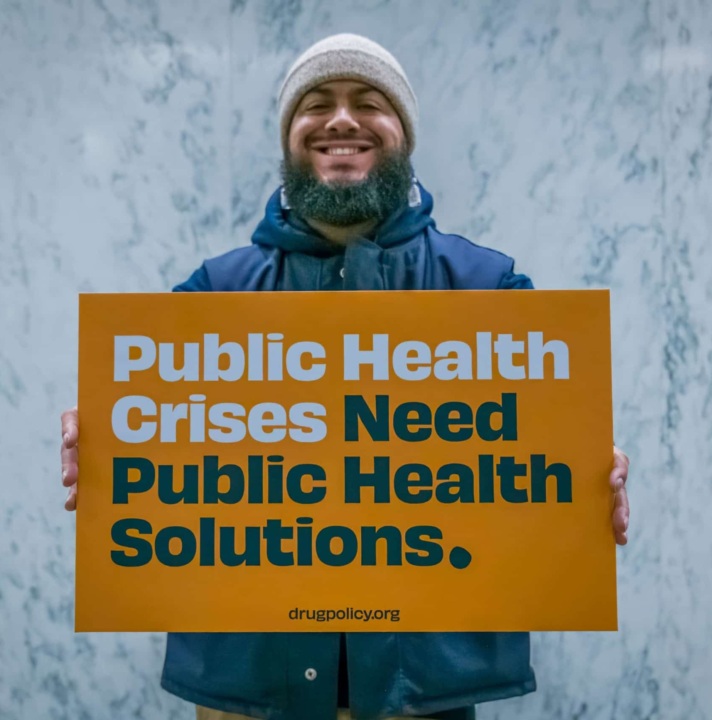
Building Alternatives to Criminalization
The Drug Policy Alliance (DPA) has been replacing punishment for drugs with support for over two decades. As a result of our work, people are increasingly spared from, or spent less time in jail or prison. Additionally, they have more access to addiction services and social supports. This includes voluntary treatment, housing, employment, harm reduction, recovery services, and peer support.
